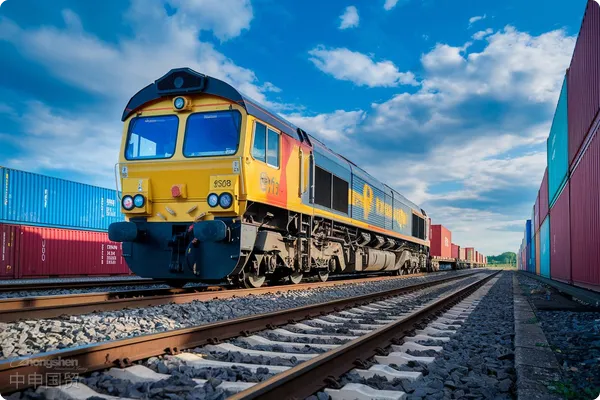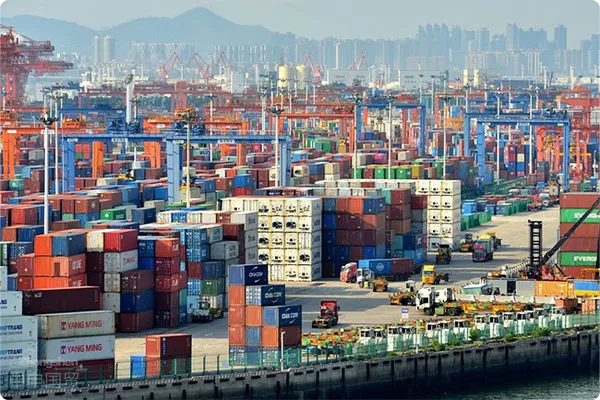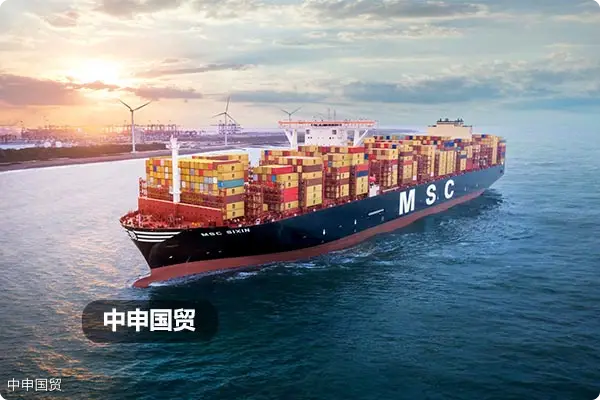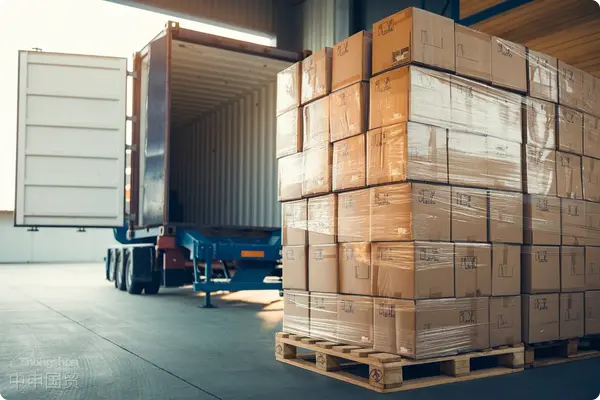- Shanghai Zhongshen International Trade Co., Ltd. - Two decades of trade agency expertise.
- Service Hotline: 139 1787 2118
International LogisticsThe way of releasing goods mainly determines the process of delivering goods from the seller to the buyer. Different ways of releasing goods have different procedures and regulations, which will affect the delivery time, cost and risk of the goods. The following are several common ways of releasing goods in international logistics:
Direct Release
Direct release is a relatively simple and fast way of releasing goods. In this way, once the goods arrive at the port of destination, they can be directly picked up by the consignee without presenting the original bill of lading.
Bill of Lading Release
Bill of lading release is a common way of releasing goods, and the original bill of lading needs to be presented. The consignee needs to submit the original bill of lading to the shipper (usually the shipping company or airline) to pick up the goods.
Telex Release
Telex release is to release goods electronically without the original bill of lading. In the country of shipment, the shipper returns the original bill of lading to the shipping company or its agent, and then the shipping company notifies the release of goods at the destination. This way reduces the time and cost of bill of lading transfer.
Express Release
Express release is similar to telex release, and it is also a way to pick up goods without the original bill of lading. The shipping company will issue an express bill of lading, usually in electronic version, and the consignee can pick up the goods with this bill of lading.
Release of Goods from Bonded Warehouse
In some cases, the goods will be stored in a bonded warehouse waiting for further customs clearance procedures. The consignee needs to complete all relevant procedures and pay relevant fees before picking up the goods.
Release of Goods by Agent
Release of goods by agent means that a freight forwarding company represents the consignee to complete the delivery procedures. This usually occurs when the consignee cannot directly handle the delivery procedures.
Release of Goods from Temporary Warehouse
Sometimes, due to various reasons, the goods may need to be temporarily stored in the warehouse waiting for further handling by the consignee. In this case, the consignee needs to pay the warehousing fee and complete the relevant procedures before picking up the goods.
Refusal to Release Goods
In some special cases, such as problems with the goods or the consignee not paying the fees, the shipping company or airline has the right to refuse to release the goods.
In conclusion, different ways of releasing goods have different procedures and requirements, and are suitable for different international logistics scenarios. Understanding these ways of releasing goods helps enterprises to conduct international trade activities more efficiently and safely.
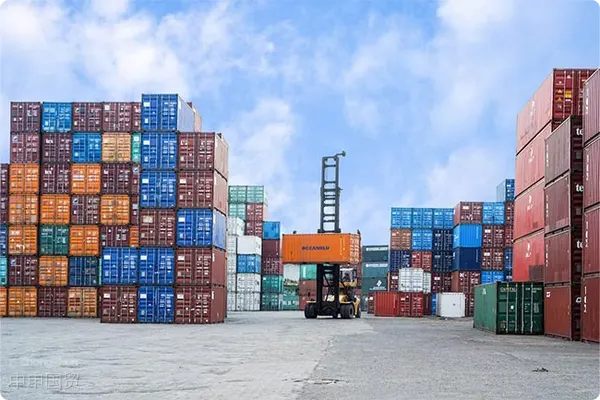
Related Recommendations
Contact Form
? 2025. All Rights Reserved. 滬ICP備2023007705號(hào)-2  PSB Record: Shanghai No.31011502009912
PSB Record: Shanghai No.31011502009912
